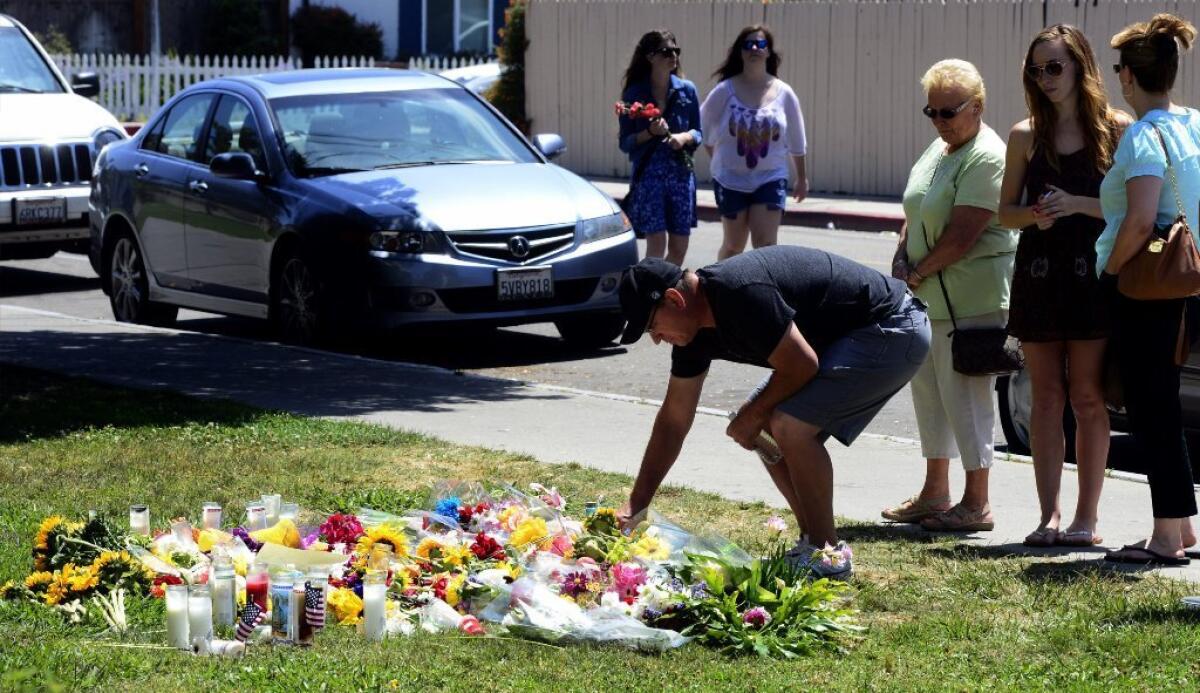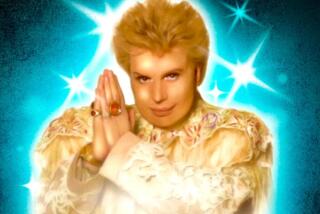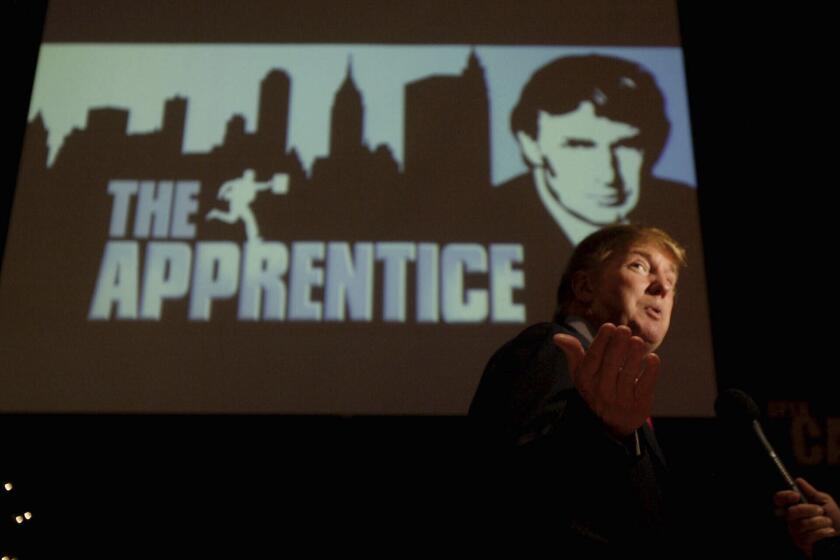Opinion: Societal values reflected in the distorted mirror of Isla Vista killer

One of the many disturbing elements of the Isla Vista killings is the mirror it holds up -- a distorted mirror, but a mirror nonetheless -- to the less admirable aspects of Southern California society. For all his demented way of viewing societal interaction, Elliot Rodger’s twisted values reflected many of the priorities that too many people find important in a region where the presence of the entertainment and celebrity industry has brought materialism and physical beauty into the daily limelight.
Who has the blond hair? Who are the hot girls? What is the coolest car? Which labels are on your clothes?
Rodger, of course, as revealed in his diatribe, took these obsessions to the extreme and beyond. In fact, if the world were as shallow a place as he viewed it, he would have had no trouble getting dates. His pictures show him to have been a nice-looking young man. He had the expensive car, the designer clothes, the wealthy father, the Hollywood connections. Obviously, girls didn’t care, most likely because of Rodger’s significant social disabilities.
Nowhere in his diatribe did there seem to be a thought that if he were a kinder or more giving person, if he cared about girls for something other than their looks and coolness factor, that he might have better luck. In his case, that kind of insight might have been impossible to achieve. His mental issues may have been too overwhelming for him to ever gain that insight, or for him to do much about it if he did.
But we are fooling ourselves if we look no further than the simplest (and yes, true) terms: Sick guy + too many guns = mass deaths. The thoughts and obsessions that drove Rodger to horrific deeds reflect twisted values that too many people share. These values don’t usually result in horrifying deaths, but they do demean people and glorify shallow goals. Those who aren’t part of the cool group feel left out and less than. This is not to remotely excuse Rodger, but we learn more about ourselves and our society if we acknowledge the similarities in our thoughts and his, as well as the differences.
Most people find ways to cope. They find good friends, even if those friends aren’t conventionally beautiful and even if instead of driving a BMW they take public transportation. At their best, even the loneliest people learn that they can find meaning and companionship from helping others.
But we all see teenagers, perfectly nice teenagers who would never harm anyone, who feel that shopping at Guess will somehow deliver more friends than shopping at Target. Sadly, in some high schools, they’re right. Too many young adults think that having a conventionally good-looking mate will bring them more love than contributing to the world. Too many people measure their unvarnished lives against the airbrushed images of super-celebrities and think that sporting smooth, tight skin at age 70 is more important than sporting smile lines from a lifetime of laughter.
More to Read
A cure for the common opinion
Get thought-provoking perspectives with our weekly newsletter.
You may occasionally receive promotional content from the Los Angeles Times.









